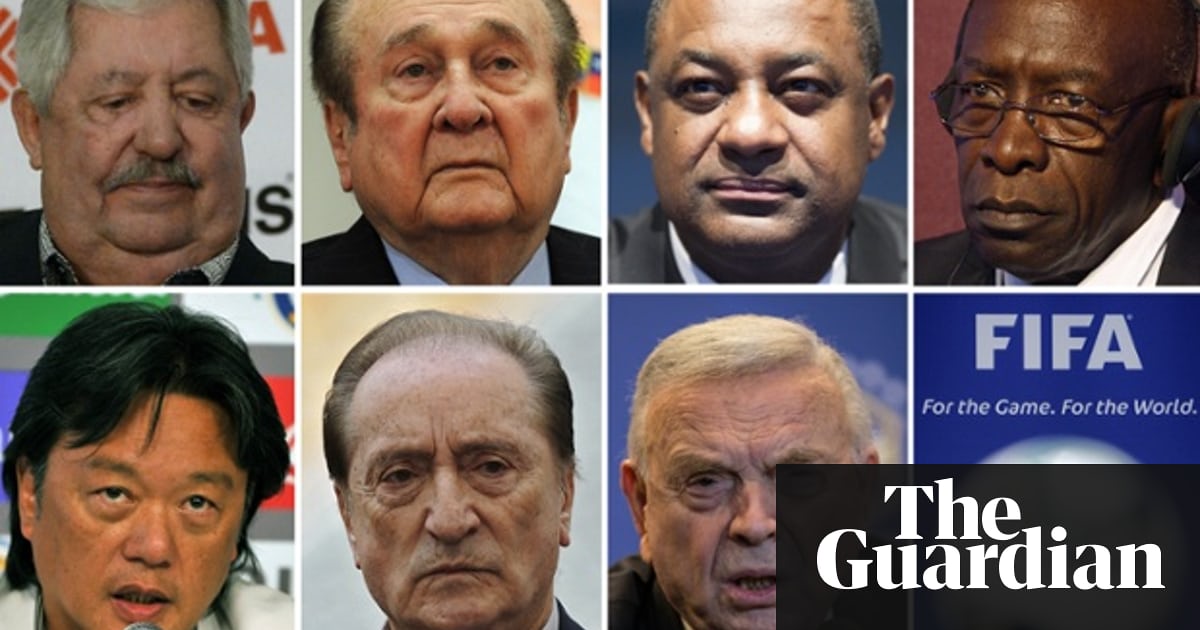Menu
Mauricio Hernández
Skin in the game
Mismanagement
[Sustantivo] Proceso de manejar algo mal o incorrectamente.
"Fué declarado culpable por mala administración de recursos públicos"
"Fué declarado culpable por mala administración de recursos públicos"
[mass noun] The process of managing something badly or wrongly.
"he was found guilty of mismanagement of public funds"
"he was found guilty of mismanagement of public funds"
Vea otras entradas sobre mismanagement, corrupción, malos manejos, y otros problemas en el deporte en el sitio Gestión Deportiva en
Acción.
Acción.
Transparency in Sport. Why is a matter of all?
“Current democracies have a ‘free zone’ for corruption. One of them is the organized sport” Juan Villoro
Sport organizations are facing a lack of credibility. Corruption in International Sport has been well documented. Athletes taking illegal substances, match-fixing and bribes have produced a governance crisis and lack of credibility. Part of this problem occurs because of the nature of these organizations. They are non-profit organizations and yet they run huge global businesses. These characteristics, plus a lack of transparency, accountability and excessive commercialization in sport create a potential environment for corruption. Cheating in sport or inside sport organization runs counter to the values of excellence and fair play.
Cheating and corruption is part of human nature but is also contrary to the values of sport. The European Union has tried with the International Olympic Committee and some Universities to define the principles of good governance in sport. Those principles are an agreement on the fundamentals. What is right and what is not; and how a sport organization should be managed. Democracy and corporate governance have guided the discussion as the fundamental pillars of governance in sport.
The progress done until now is important and necessary; even so, and perhaps surprisingly, the scandals are still happening. What can we do as civil society to protect the sport of those conducts?
I finished my studies in Sports Management at Seoul National University, I had the chance to study and work with sport administrators from 24 different countries for 18 months. I met scholars and experts in several fields of marketing, communications, management and governance trying to solve that question. This is what I think we should do.
First, build our own mechanisms to assess governance and protect sport from bottom to top. The principles and guidelines to tackle corruption in sport have been developed by European scholars at European Universities. A more diverse approach is needed with important stakeholders and athletes involved in the process.
Second, make it simple. The governance indicators are bigger and evolving. The last study carried out in Europe, across five countries with national sport federations showed 247 governance’s indicators.
Third, because Sport organizations are diverse in size and resources, they therefor must not be assessed with the same standards. They must find their own indicators.
Fourth, openness. Current assessments do not permit dialogue. They are assessed and then shown a diagnosis. Those diagnoses just reflect a moment in management, they do not reflect current behaviors and practices. Managers think resources will be given based on their scores. They currently fill a request to compliance with standards, with no desired changes in management or practices.
Technology and democracy must advance each other’s to develop artificial intelligence to detect risks of corruption before happens, and democracy will encourage civil society and critical stakeholders to protect the values of the sport.
Cheating and corruption is part of human nature but is also contrary to the values of sport. The European Union has tried with the International Olympic Committee and some Universities to define the principles of good governance in sport. Those principles are an agreement on the fundamentals. What is right and what is not; and how a sport organization should be managed. Democracy and corporate governance have guided the discussion as the fundamental pillars of governance in sport.
The progress done until now is important and necessary; even so, and perhaps surprisingly, the scandals are still happening. What can we do as civil society to protect the sport of those conducts?
I finished my studies in Sports Management at Seoul National University, I had the chance to study and work with sport administrators from 24 different countries for 18 months. I met scholars and experts in several fields of marketing, communications, management and governance trying to solve that question. This is what I think we should do.
First, build our own mechanisms to assess governance and protect sport from bottom to top. The principles and guidelines to tackle corruption in sport have been developed by European scholars at European Universities. A more diverse approach is needed with important stakeholders and athletes involved in the process.
Second, make it simple. The governance indicators are bigger and evolving. The last study carried out in Europe, across five countries with national sport federations showed 247 governance’s indicators.
Third, because Sport organizations are diverse in size and resources, they therefor must not be assessed with the same standards. They must find their own indicators.
Fourth, openness. Current assessments do not permit dialogue. They are assessed and then shown a diagnosis. Those diagnoses just reflect a moment in management, they do not reflect current behaviors and practices. Managers think resources will be given based on their scores. They currently fill a request to compliance with standards, with no desired changes in management or practices.
Technology and democracy must advance each other’s to develop artificial intelligence to detect risks of corruption before happens, and democracy will encourage civil society and critical stakeholders to protect the values of the sport.










